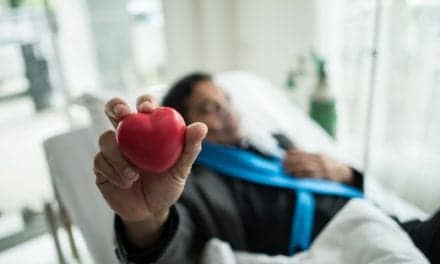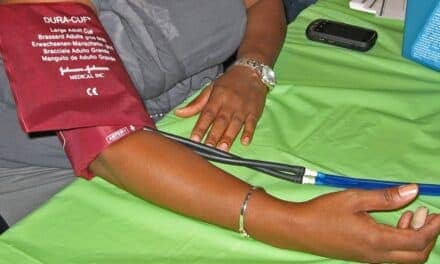January 23, 2007
Nearly 10% of sudden infant death syndrome (SIDS) victims have mutations or variations in genes associated with potentially lethal heart rhythms (arrhythmias), according to two newly published studies involving Vanderbilt researchers.
The findings indicate that arrhythmia-susceptibility genes represent important genetic contributors to SIDS, said Alfred L. George Jr., MD, senior author on one of the studies. The studies appear in the early online edition of the journal Circulation.
“SIDS is not one disease,” said George, the Grant W. Liddle Professor of Medicine and director of the Division of Genetic Medicine. “Multiple conditions can increase the risk of sudden death in an infant. Some have been identified, but many have not.”
Anecdotal evidence previously suggested that some SIDS victims carry mutations in genes associated with conditions such as the long QT syndrome (LQTS) that predispose individuals to life-threatening arrhythmias and sudden death. But the proportion of SIDS cases that carry such mutations was unclear.
George’s collaborators, Peter Schwartz, MD, in Italy, and Torleiv Rognum, MD, PhD, in Norway, led the efforts to screen seven arrhythmia-associated genes in 201 SIDS cases from Norway—the largest genetic survey of a SIDS cohort. The results showed that 9.5% of SIDS victims harbored mutations in genes associated with inherited forms of cardiac arrhythmia, such as LQTS.
The researchers identified mutations and variations in several genes, including the gene that encodes the cardiac sodium channel—a protein that regulates the electrical properties of heart cells. George’s lab then performed studies to understand the physiological consequences of mutations in the cardiac sodium channel gene, called SCN5A, which has previously been associated with LQTS and several other conditions that cause unstable heart rhythms and sudden death.
“We observed a pattern of SCN5A dysfunction that is reminiscent of what’s been observed in LQTS. That gives us confidence that the mutations observed in SIDS victims are not benign genetic variants—but rather could increase the risk of potentially lethal arrhythmias,” he said. The researchers have similar evidence, to be published separately, demonstrating that mutations in heart potassium channels are also contributing factors in SIDS.
The findings also suggest that there may be strategies to identify whether infants are a carrier of one of these mutations before the tragic event of their death, George said.
“We are not recommending that a population-wide genetic screening be done, but there may be simpler, cost-effective measures that should be investigated further, perhaps performing ECG (electrocardiogram) screening of infants, although this idea is controversial.”




